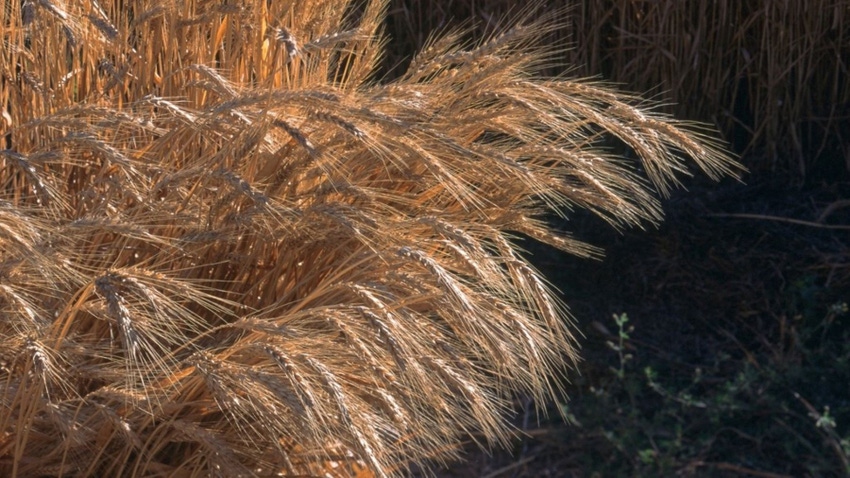
The Russian invasion of Ukraine in early 2022 caused wheat and corn prices to spike 30% and 13%, respectively, and threatened a worldwide food crisis. International efforts to mitigate a food security crisis via the Solidarity Lanes and the Black Sea Grain Initiative (BSGI) have successfully allowed grain exports out of Ukraine.
However, Russia’s recent withdrawal from the BSGI, coupled with increased bombings of Odesa and Danube River ports, caused another price spike for these grains. Further aggression in the region risks halting Russian wheat and Ukrainian corn exports across the Black Sea, the main export channel for both countries.
Russia accounts for about 18% of global wheat exports and 2% of worldwide corn exports, while Ukraine provides 15% of global corn exports and only 9% of wheat. Why have these statistics spooked the grain commodity markets?
"The simple answer is that Russia’s aggression in the Black Sea region increases the risk of the world grain market losing the number four corn exporter, Ukraine, and the number one wheat exporter, Russia, if grain vessels on the Black Sea become targets of drone strikes," said Colin A. Carter, Distinguished Professor of Agricultural and Resource Economics at the University of California, Davis.
If all grain shipped through the Black Sea by Russia and Ukraine were halted, it would cut off 27% of global wheat exports and 17% of global corn exports.
Analysis of the corn and wheat markets by Carter and Sandro Steinbach, associate professor in the Department of Agribusiness and Applied Economics and the Director of the Center for Agricultural Policy and Trade Studies at North Dakota State University, shows a notable increase in market uncertainty since the start of the Russia-Ukraine War, as evidenced by measuring "implied volatility."
Implied volatility is the expected price volatility of a commodity like corn or wheat in options trading. In March of 2022, shortly after the invasion of Ukraine, the implied volatility of corn jumped from 25% to 60%, while wheat rose from 40% to 160%. There was also a second peak in volatility in July 2023, after Russia pulled out of the BSGI, suggesting further fears that grain exports through the Black Sea could be cut off from world markets.
Wheat more affected
When Russia withdrew from the BSGI, there was another brief price spike in wheat (up 15%) and corn (up 10%). Wheat markets have been consistently more affected by conflict in Ukraine, specifically in the Black Sea, than corn prices. This difference can be explained by the fact that 95% of Russian grain is exported through the eastern portion of the Black Sea, while around a quarter of Ukrainian grain is shipped by truck and rail and would not be as affected by the conflict in the Black Sea.
By volume, there is around 1.7 times more wheat than corn shipped from Black Sea ports. The wheat market is more politically charged than the corn market because wheat is primarily a food grain. Therefore, the greatest risk to global food security moving forward may no longer be getting grain out of Ukraine – due to the continued success of the Solidarity Lanes – but rather the loss of wheat exports to the world market that could result from Russia backing out of the Black Sea Grain Initiative.
To learn more about how Russian aggression in the Black Sea might affect global food security, read the full article by Carter and Steinbach, "Russian Weaponization of Food Rattles Global Markets," at https://bit.ly/48iXXhY.
[Ria DeBiase is communications director of the University of California’s Giannini Foundation of Agricultural Economics.]
Source: University of California Division of Agriculture and Natural Resources
About the Author(s)
You May Also Like




